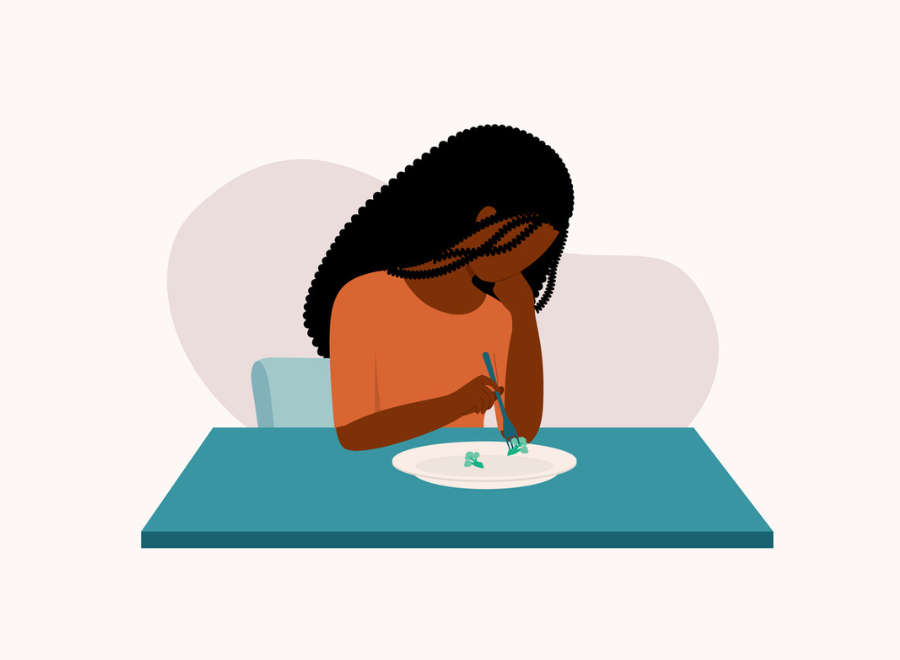Close to one million Canadians have an eating disorder, according to a 2019 report from the Canadian Eating Disorder Alliance. But despite Canada’s diverse population, academic research on the disorder focuses predominantly on straight white women, overlooking the challenges that minority communities face.
And when these communities are left out of the research, they aren’t being considered in the treatment.
You may unsubscribe from any of our newsletters at any time.
A 2023 study using a Canadian sample population found that 2SLGBTQ+ people had higher rates of eating disorder behaviour compared to heterosexual people. Beauty ideals rooted in “heteronormative, cisgender, racist, ableist, ageist discourses” account for much of the damage, says Rachel F. Rodgers, one of the authors behind the study.
What’s less obvious is the way eating disorders intersect with other mental health conditions, for which marginalized groups have historically faced more obstacles when seeking treatment. Eating disorders can serve as a coping mechanism, according to Rodgers, diverting attention away from traumatic experiences people can’t control and placing it on something they can, such as restricting food consumption.
More on Broadview:
Because marginalized groups, including Black and Indigenous people, experience elevated levels of discrimination and trauma, they also experience what Rodgers refers to as “disproportionately” heightened risks of developing an eating disorder. Seeking treatment is also more complex for these communities due to a history of racism within the health-care industry, according to the National Eating Disorder Information Centre and 2015’s Truth and Reconciliation report.
Marginalized communities such as BIPOC and 2SLGBTQ+ people need tailored treatment models with early intervention and accessible support.
Redefining care would include training health-care professionals in cultural competence, adapting therapeutic techniques aligned with cultural values, advocating for policies addressing disparities in access to care and societal stressors, increasing awareness and education about eating disorders in minority communities, and rebuilding trust and support through engagement with community leaders and organizations.
These efforts are crucial for improving health-care outcomes and reducing disparities among minority populations affected by eating disorders.
***
Anna Wolfe is a journalist and eating disorder recovery advocate in London, U.K.













